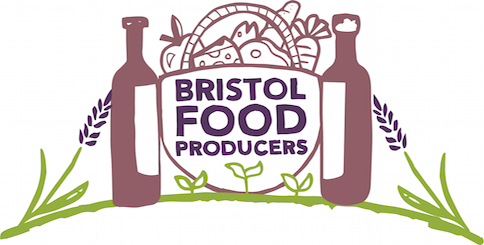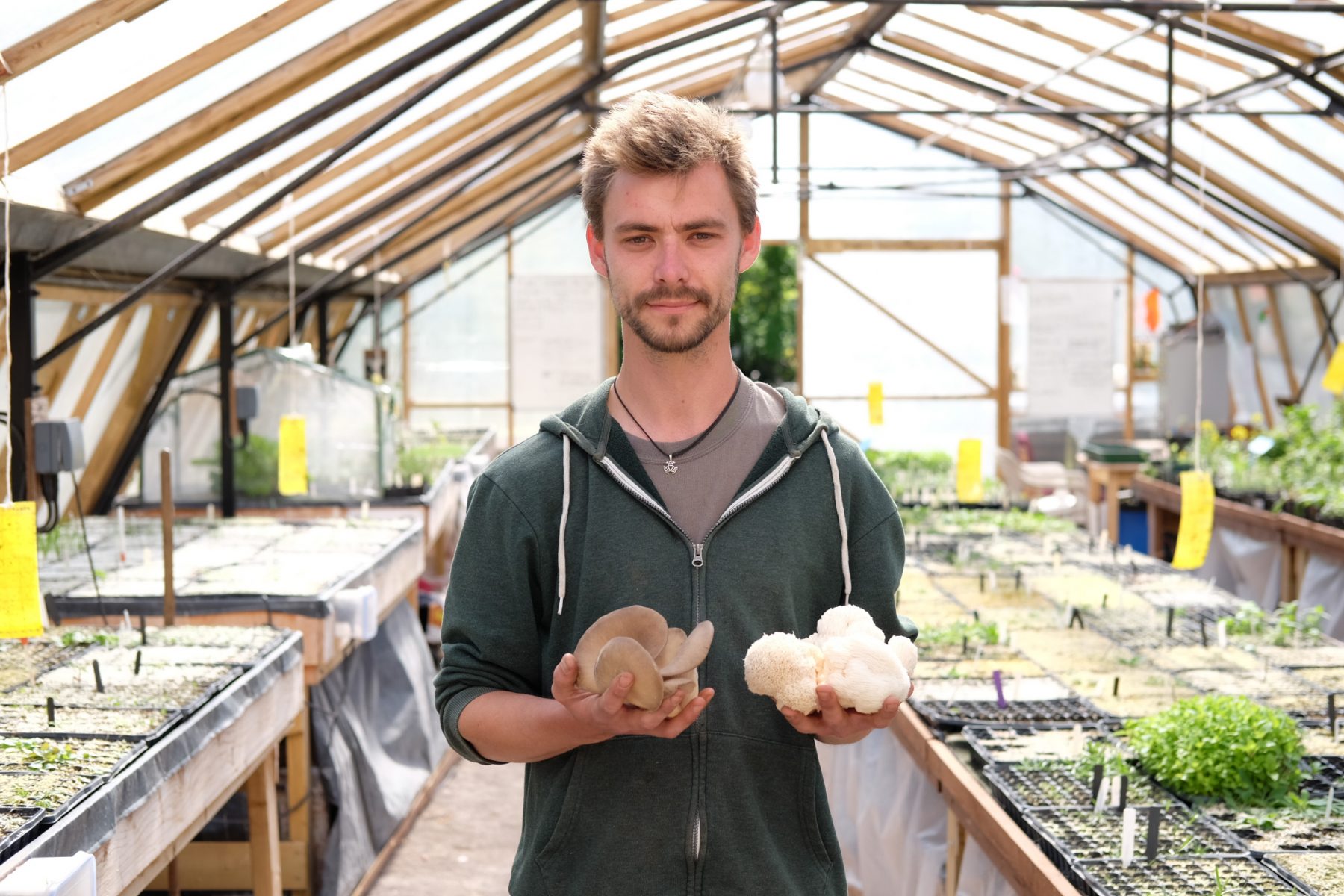exploring how we can upskill existing producers and new entrants to farming
Training
We are piloting a Level 2 training course in Regenerative Land Based Systems between February and May 2026. Find out more info here.
There is generally a lack of training available in agroecological food production and we are working to address this. Learn more about out plan to develop an in-depth, one year agroecological training course in Bristol, and share your input on this here.
We send out a monthly Opportunities Update, connecting you with training, support, networking, funding and business opportunities. You can sign up or browse the archive of past copies of the Newsletter here.
We have put together a list of the courses currently available in Bristol below.
We have also built a Resource Directory to signpost you towards useful sources of information, training and support as well as towards opportunities to start on the path of growing or producing food for a livelihood. This Resource Directory includes links on food and farming training courses.
Currently available courses
Please see the individual organisations or the Bristol Good Food website for course dates.
INTRO LEVEL
- Vegetable Gardening for Beginners – Online, Propagation Place, £60 – This course will act as a companion and guide into your first forays of growing your own vegetables..
- Introduction to Permaculture Course – 3 day, Shift Bristol, £85-165 – An inspiring introduction to the power of Permaculture Design, to create resilient, abundant and efficient systems for people and land.
- City and Guilds Level 1 in Horticulture – 1 day a week for 9 weeks, Heart of BS13, free for certain participants – The course will include both classroom and practical activities, including topics such as; preparing to plant an area, planting seeds, looking after plants, identifying plants and weeds and personal safety.
- Using Horticulture as a Therapeutic Medium – 1 day, Organic Blooms, £220 – This course distills their 20+ years of experience working in Social and Therapeutic Horticulture.
- Running a Land Based Social Enterprise – 1 day, Organic Blooms, £220 – This course is aimed at people who want to set up their own Social enterprise based around land based skills and products. It will cover the philosophy and legal structure of social enterprises, their unique place in the market, the balance between social and commercial aims, funding sources, marketing, social impact measurement and much much more…!
INTERMEDIATE
- Grow Leader – 1 day a week for 19 weeks, Grow Wilder, £800 – Develop an understanding of fundamental growing techniques and holistic landscape management that will prepare you to grow food at allotment, community garden or small market garden scale.
- Middle Ground Growers offer a series of workshops, including crop planning, tractor training and farm finances.
- Organic and Allotment Gardening course – 1 evening and some weekend days Jan – Jun, St Werburghs City Farm, £260 – An annual organic and allotment gardening course, starting each February, for those who want to learn how to grow their own fruit and vegetables.
- Practical Sustainability Course – 3 days a week, Shift Bristol, £2495-3695 – Immerse yourself in an in-depth, hands-on and dynamic learning experience. The course covers a wide variety of modules including Permaculture Design, Soil and Ecology, Organic Horticulture, Green Energy, Group Dynamics, Resilience Toolkit, Woodland Management, Green Building, Re-localisation and Community Engagement.
- RHS Level 2 Certificate in the Principles of Plant Growth and Development – 1 day a week (28 weeks), University of Bristol, £1885 – This course provides learners with a solid theoretical grounding including understanding the science of plants, such as how they function, nutrition, health, adaptations and various planting styles.
- RHS Level 2 Certificate in Practical Horticulture – 1 day a week (28 weeks), University of Bristol, £2275 – The RHS Level 2 Certificate in Practical Horticulture covers essential craft skills, which include the planting, pruning, propagation and maintenance of plants along with the establishment and management of turf, and maintenance of garden features.
APPRENTICESHIPS AND OTHER TRAINING PROGRAMMES
- Traineeships are subject to national legislation around minimum wage. Read the LWA guidance to understand how this applies around volunteering, training and work.
- Organic Growers Alliance Training Network – In 2025 the OGA have launched a year long training pilot that will provided additional training to people who are employed (and paid at least NMW) as a trainee on a host farm. This will include on farm training through a provided curriculum, online training and farm visits.
- Landworkers’ Alliance Horticulture Apprenticeship – the LWA have worked with Plumpton College (in England) and Coleg Cambria (in Wales) to run a pilot Horticulture Apprenticeship from 2025-27. This is a 24 month programme, and people must be employed for at least an average of 22.5 hours a week (paid at least the minimum apprenticeship wage). 20% of the contracted time must be spent on training, and that includes sessions run online and in person at Plumpton College.
Further afield
The Agroecological Learning Collective has a the most up to date list of training opportunities around the UK.

